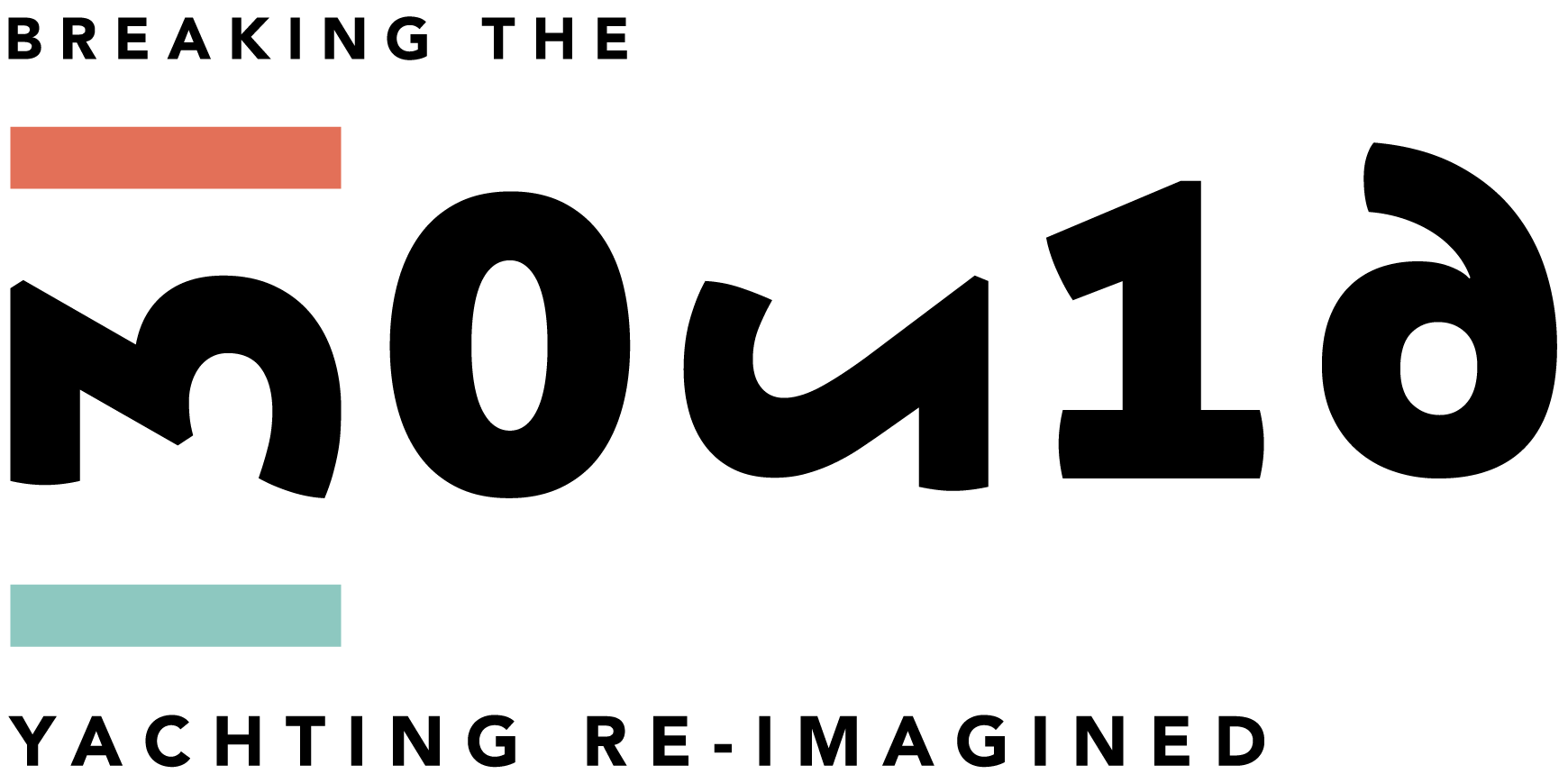Essential Crew Regulations and Employment Law for EU Yacht Charters
The allure of gliding through the azure waters of the European Union on a chartered yacht is undeniable. From the sun-drenched coasts of the Mediterranean to the dramatic fjords of Scandinavia, the EU offers a breathtaking tapestry of cruising destinations. However, behind the scenes of these idyllic voyages lies a complex web of crew regulations and employment laws that yacht owners and charter companies must navigate diligently. Understanding and adhering to these rules is not just a matter of legal compliance; it's fundamental to ensuring the safety, well-being, and smooth operation of your charter business. This guide aims to demystify these crucial aspects, providing a clear understanding of the key considerations for anyone involved in EU yacht charters.
Crew Qualifications and Certification: Setting the Standard for Safety and Legality
The cornerstone of safe and legal charter operations in the EU is the competence of the crew. The International Convention on Standards of Training, Certification and Watchkeeping for Seafarers (STCW) sets the global benchmark for the minimum qualifications of masters, officers, and watch personnel. EU member states have integrated these standards into their national legislation, making STCW compliance a non-negotiable requirement for crew on commercial vessels operating in EU waters. This typically includes essential certifications like Basic Safety Training, covering personal survival, fire safety, first aid, and social responsibilities.
Beyond the foundational STCW requirements, the flag state of the yacht often imposes additional regulations. For instance, yachts registered under the UK flag frequently require crew to hold MCA (Maritime and Coastguard Agency) certifications, which can exceed basic STCW standards, particularly for senior roles. It's crucial to be aware of the specific requirements of the yacht's flag state.
A significant aspect within the EU is the principle of mutual recognition of qualifications. Certificates issued by one EU member state are generally accepted by others. However, it's wise to verify if any specific endorsements or equivalencies are needed based on the flag state and the intended operating area. Furthermore, certain specialized roles onboard, such as those operating GMDSS (Global Maritime Distress and Safety System) radio equipment or working on passenger-carrying yachts requiring crowd and crisis management training, will necessitate specific qualifications beyond standard STCW.
Employment Contracts and Working Conditions: Ensuring Fair Practices and Legal Compliance
A well-defined employment contract is the bedrock of a positive and legally sound relationship with your crew. This document should clearly outline the crew member's role and responsibilities, the duration of employment, agreed-upon salary and payment schedule, and termination clauses. Compliance with the EU's Employment Rights Directive, which sets minimum standards for working conditions across member states, is essential.
Working hours and rest periods are critical considerations governed by the EU's Working Time Directive. While the maritime sector has some specific provisions, ensuring adequate rest for crew members is not only a legal obligation but also vital for safety and operational efficiency. Clear work schedules and on-call arrangements should be meticulously detailed in the employment contract. Similarly, crew members are entitled to paid annual leave, the duration of which is influenced by both EU law and national regulations. The contract should clearly define how leave is accrued and taken.
Furthermore, it's important to address repatriation rights, particularly for non-EU crew. In the event of contract termination, employers are often responsible for covering the costs of the crew member's return to their home country. Finally, adhering to health and safety regulations is paramount. Employers have a duty to provide a safe working environment, in line with EU and national standards, including providing necessary safety equipment and implementing safe working procedures.
Social Security and Taxation: Understanding Obligations in a Multinational Environment
Navigating social security and taxation for international crew can be a complex undertaking. Social security obligations often hinge on the crew member's nationality and residency, the yacht's flag state, and where the employment contract is established. Crew working within the EU may be subject to the social security system of a specific member state, potentially involving contributions for healthcare, unemployment, and pensions. EU regulations on social security coordination aim to streamline this process and prevent double coverage or gaps in coverage.
Income taxation is equally multifaceted. A crew member's tax liability often depends on their tax residency and the source of their income. Some may be tax residents of an EU member state, while others have obligations elsewhere. Double taxation agreements between countries are in place to prevent individuals from being taxed twice on the same income. The concept of "place of principal employment" is also relevant, often linked to the shipping company's main business location or the yacht's flag state. Accurate reporting of income and social security contributions is crucial for both employers and employees, and regulations can vary significantly between EU member states. Given these complexities, seeking professional advice in this area is highly recommended.
Immigration and Visa Requirements: Navigating Entry and Employment for Non-EU Crew
For yacht owners and charter companies employing crew members who are not citizens of an EU member state, understanding immigration and visa requirements is essential. The Schengen Area, which comprises most EU countries, allows short-term stays (up to 90 days within a 180-day period) for tourism or business without a visa for many nationalities. However, this generally does not permit gainful employment.
For non-EU crew intending to work on a charter yacht based in or extensively operating within the EU, work permits or long-stay visas are typically required. The specific application processes and requirements vary significantly between EU member states, each having its own national immigration laws. The flag state of the yacht can sometimes influence these requirements. The duration of the charter season and the yacht's operational area within the EU can also impact the type of visa needed. It is imperative for owners and charter companies to verify the nationality and immigration status of all crew and ensure they possess the necessary permissions to work legally. Non-compliance can lead to severe penalties. Consulting with immigration lawyers or specialized agencies is highly advisable to ensure full adherence to all applicable regulations.
Liability and Insurance: Protecting Your Assets and Your Crew
Liability for crew-related incidents can arise in various forms, including personal injury, property damage, or professional negligence. Understanding the legal responsibilities of an employer towards their crew is paramount, governed by EU and national laws. Insurance is the key to mitigating these risks. Protection and Indemnity (P&I) insurance is vital, covering third-party liabilities, including crew-related injuries or fatalities, and property damage. Hull and machinery insurance covers physical damage to the yacht, which can indirectly impact crew and lead to related claims.
Employers' liability insurance specifically covers claims from employees for injuries or illnesses sustained during their employment and is often a legal requirement. Crew personal accident insurance provides benefits to crew members in case of accidental injury or death, regardless of fault, offering additional security. Charter companies may also require charterers' liability insurance. Obtaining comprehensive insurance coverage tailored to the specific risks of charter operations and crew employment within the EU is crucial. Consulting with experienced marine insurance brokers is highly recommended to ensure adequate protection.
Conclusion
Navigating the intricate landscape of crew regulations and employment law in the EU is a critical aspect of successful and legally compliant yacht charter operations. By understanding the key areas of crew qualifications, employment contracts, social security and taxation, immigration, and liability, yacht owners and charter companies can mitigate risks, ensure fair treatment of their crew, and ultimately enjoy smooth and prosperous voyages. Seeking expert legal and insurance counsel is not just advisable; it's often essential to navigate this complex terrain effectively.
Are you seeking expert guidance in navigating the crew regulations and employment laws for your EU yacht charter operations?
Contact us today for a consultation and let our experienced team help you chart a course towards compliance and success.




%20(37).jpg)
%20(49).jpg)